
Culture
15:36, 22-Jul-2018
The craft of making a traditional Chinese ink brush
Updated
14:36, 25-Jul-2018
CGTN
03:56
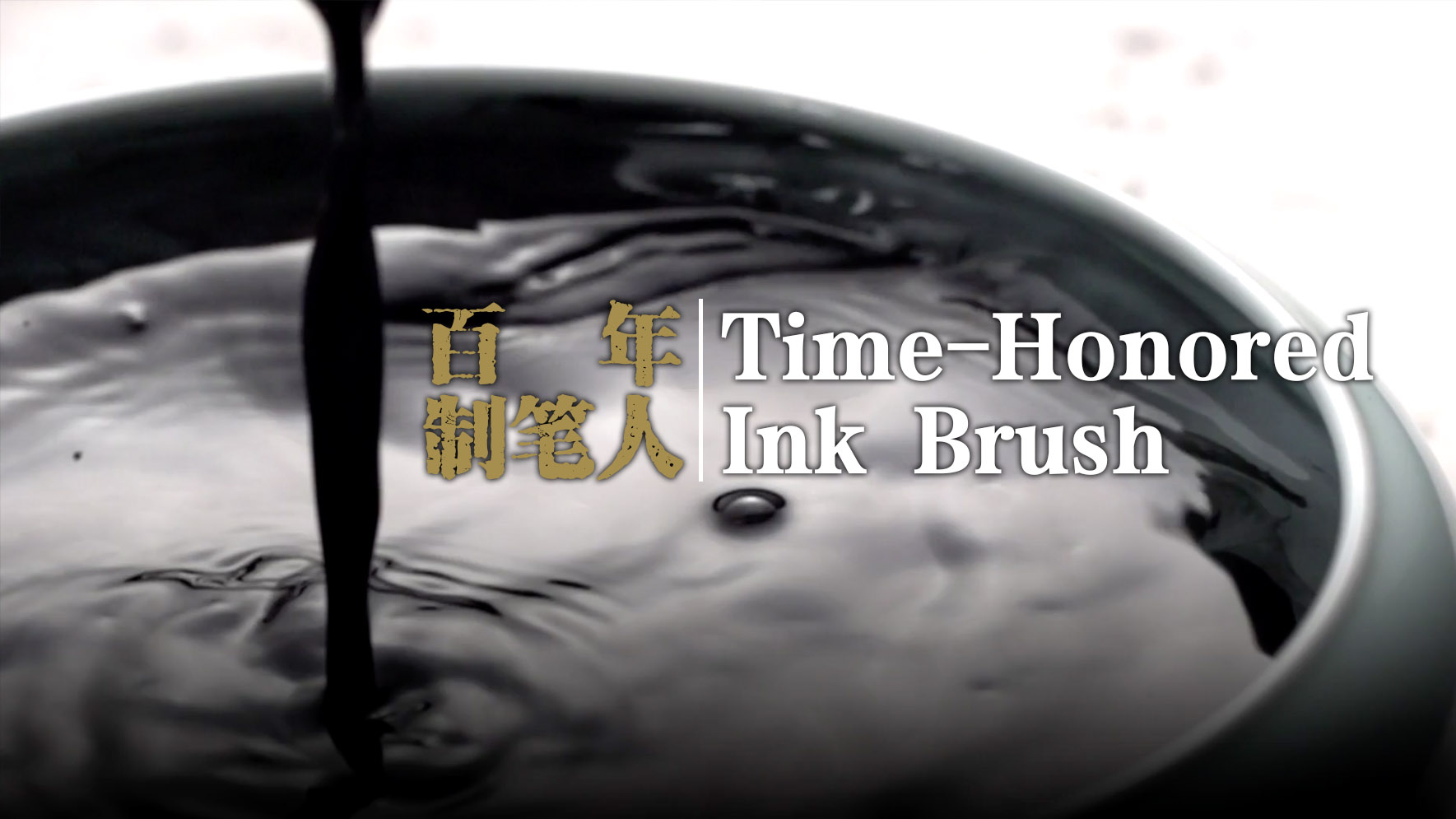
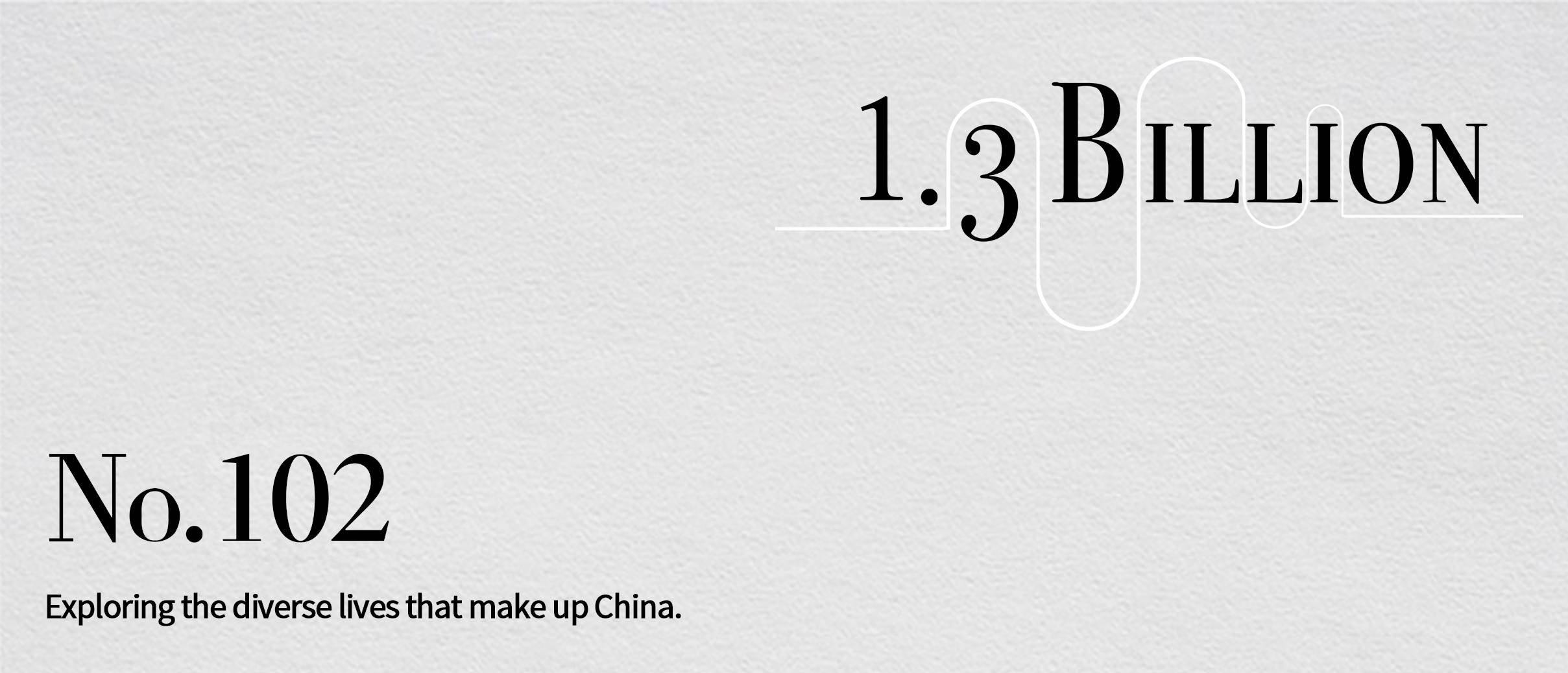
CGTN Photo
CGTN Photo
The ink brush is one of the Four Treasures of the Study in China. They are used in Chinese paintings and Chinese calligraphy with rich cultural connotations. Some famous artists even have the brushes exclusively made for them.
Nowadays, ink brushes are not as widely used in China. Yet brush making skills are passed on through generations of craftsmen.
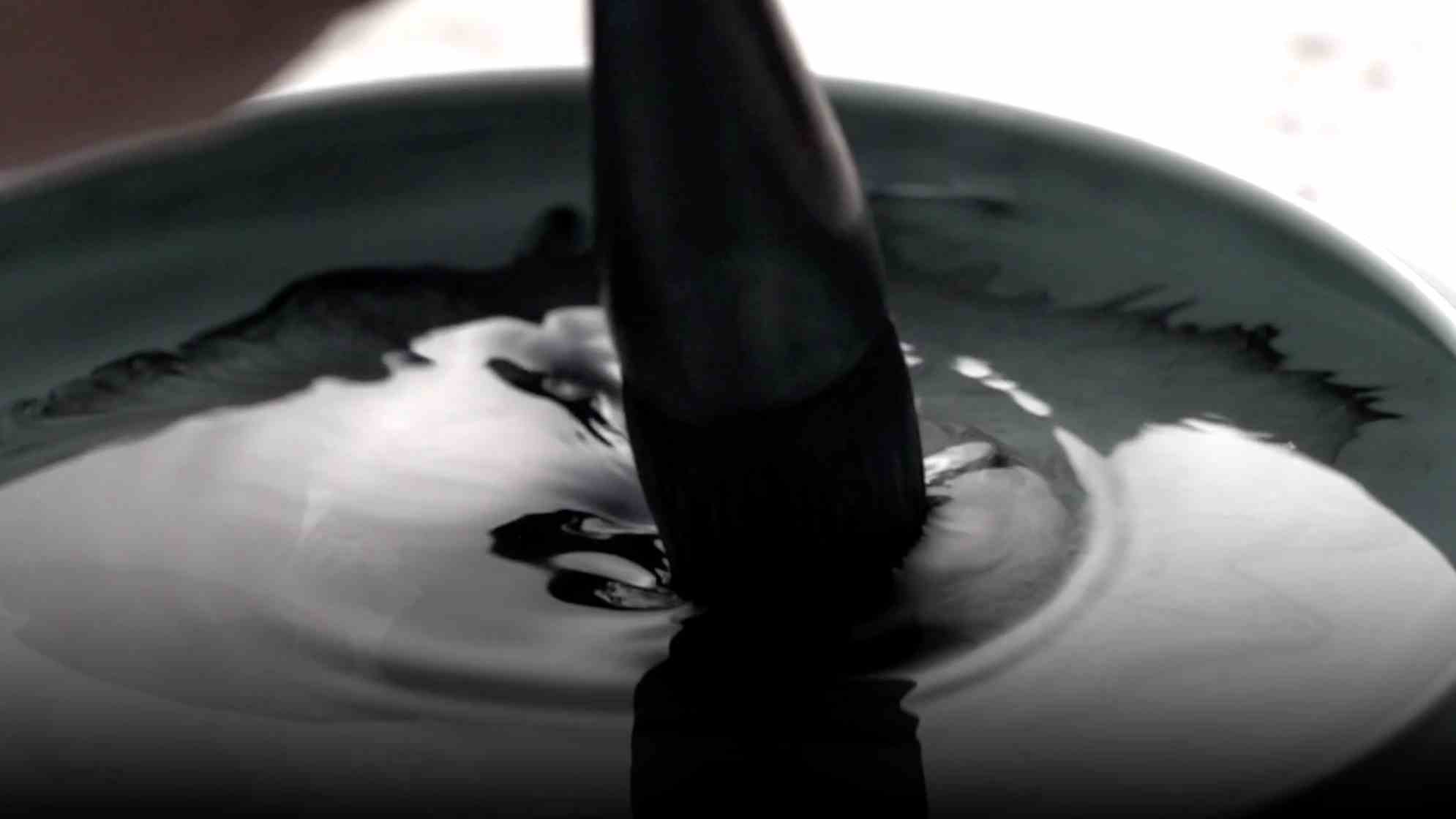
CGTN Photo
CGTN Photo
Xu Wenyi is born in Wenzhou city in east China's Zhejiang Province. The 58-year-old runs an ancestral ink brush shop with his two brothers.
The shop was established in 1900 by Xu's grandfather Xu Jinfang, during the late Qing Dynasty. Thirteen-year-old Xu Jinfang became an apprentice at an ink brush shop, before he started his own business. His son, Xu Jinhua also began to learn the craft at the age of 13, and inherited the shop when he was ready.
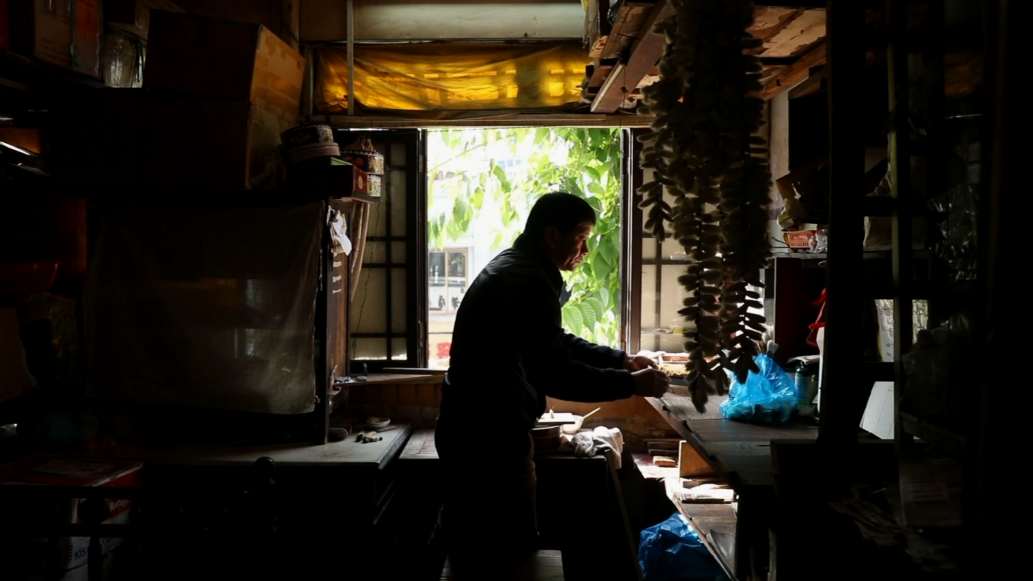
Xu Wenyi. /By CGTN
Xu Wenyi. /By CGTN
After the founding of New China, the shop was once transformed into a cooperative. Xu Jinfang and his son went to work together for an ink brush factory. During China's reform and opening-up period, they reopened the shop and hung a board in the front that read "time-honored brand."
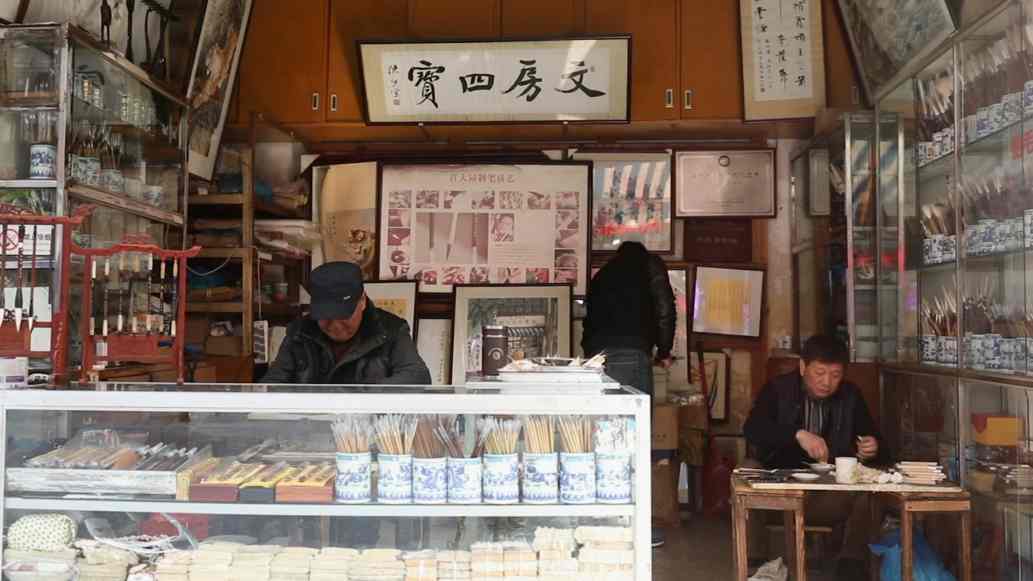
Xu Wenyi's shop. /By CGTN
Xu Wenyi's shop. /By CGTN
Xu Wenyi and his brothers are the third generation of to take care of the family shop – the only hand-made ink brush shop in Wenzhou. In 2008, it was listed as part of Wenzhou's Intangible Cultural Heritage.
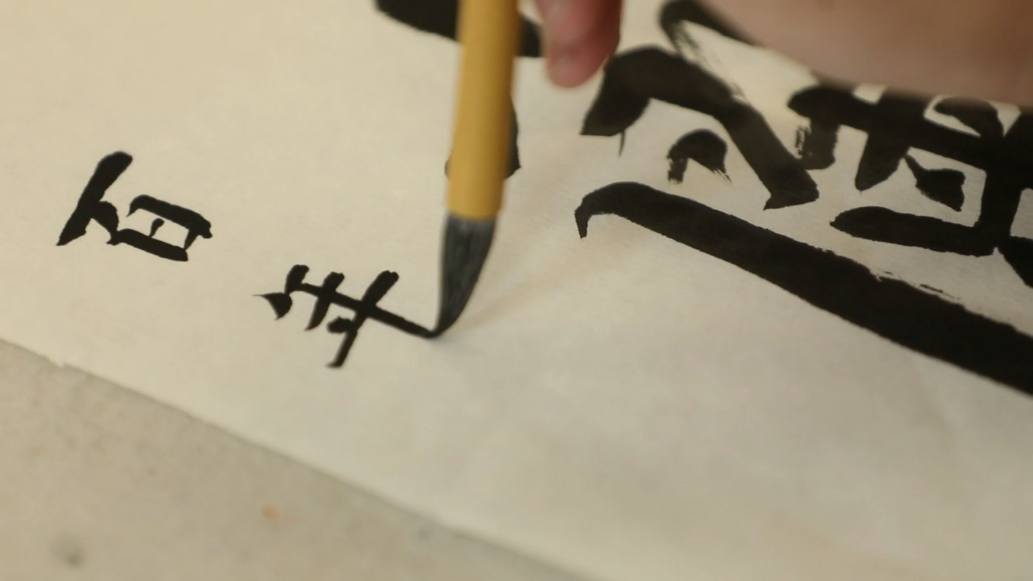
CGTN Photo
CGTN Photo
The shop has witnessed several big moments in history, yet has maintained traditional techniques for over a century. After Xu Jinhua retired, his three sons quit their jobs to inherit and develop the shop together. They have been told by their father that "together you brothers are the strongest."
There are about 40 steps to making an ink brush. The very first thing is to select the materials. Every winter, when animal hair is in the best condition, Xu Wenyi goes to Zhejiang and Jiangxi provinces to order the hair for the whole year.
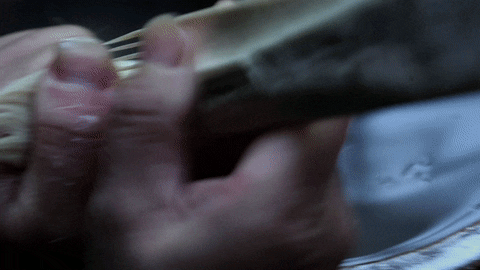
CGTN Photo
CGTN Photo
Then they use combs made of cattle bones to screen the hair. It's a monotonous job and an easy way to hurt your fingers. "The screening process may take days, even a week, before you get a small strand of brush hair. It requires a lot of patience and persistence."
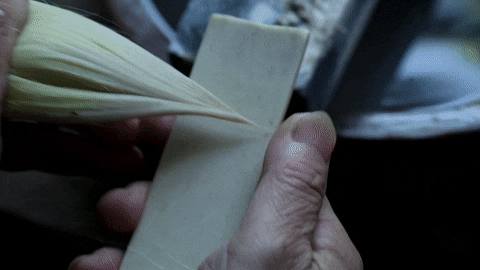
CGTN Photo
CGTN Photo
After the picking process, the hair has to be aligned and cut for brushes of various sizes. The Xu brothers can make over 40 kinds of ink brushes. In the hand of experienced craftsmen, combinations of hair with different lengths and textures could make brushes with different applications. "There's the longest hair, and about five types of shorter hair."
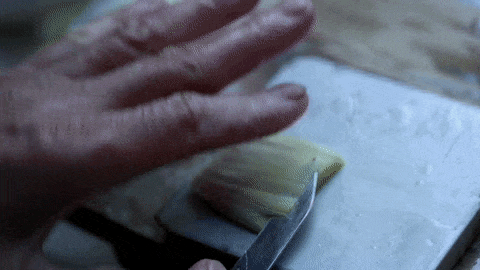
CGTN Photo
CGTN Photo
When the hair is finally ready, they can start to bind it, make the handle and engrave it. Thus, an ink brush is finished.
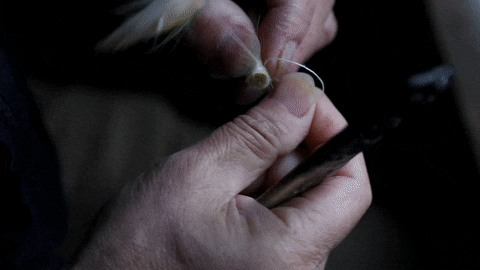
CGTN Photo
CGTN Photo
To keep up with the times, the brothers developed new businesses like making lanugo brushes. It features hair cut from newborn babies. It is very memorable so it attracts many new parents. The brothers also take part in cultural exhibitions and show the techniques used to make the ink brushes at their store, which as led to interest in the craft itself.
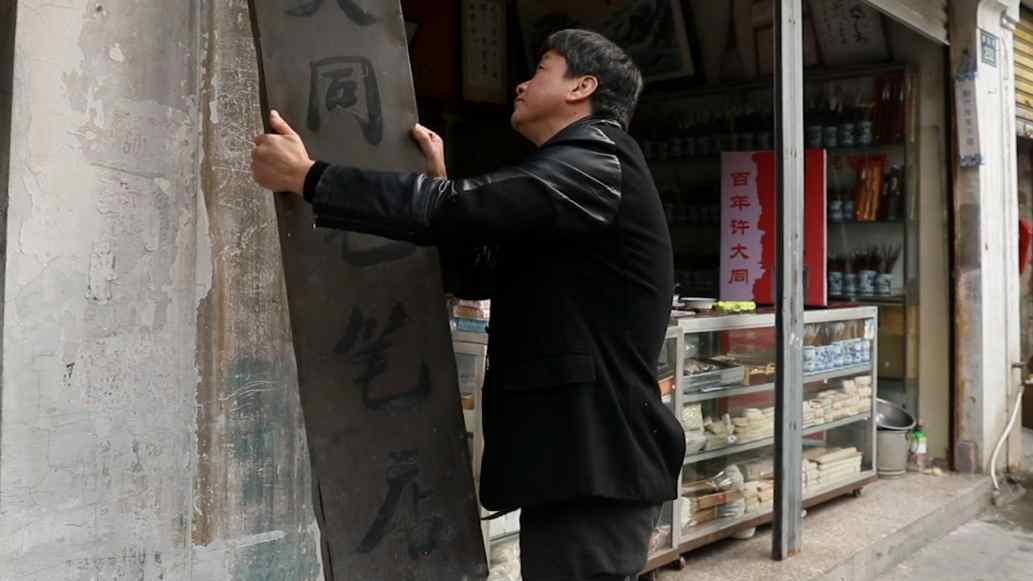
CGTN Photo
CGTN Photo
The most important customers are always painters and calligraphers. Hu Sanyuan, a famous calligrapher praised it saying: "The outer layer is soft wool, while the inner layer is pretty elastic. It's like traditional Tai Chi that perfectly merges the two opposite elements." A friend of the brothers, who's also a calligraphy lover, said that their brushes really can "improve the efficiency."
"We want to pass the skills on, as long as there are people writing with ink brushes," said Xu. "Making good brushes for people so that they can create great works, I think that is also a legacy of virtue.”
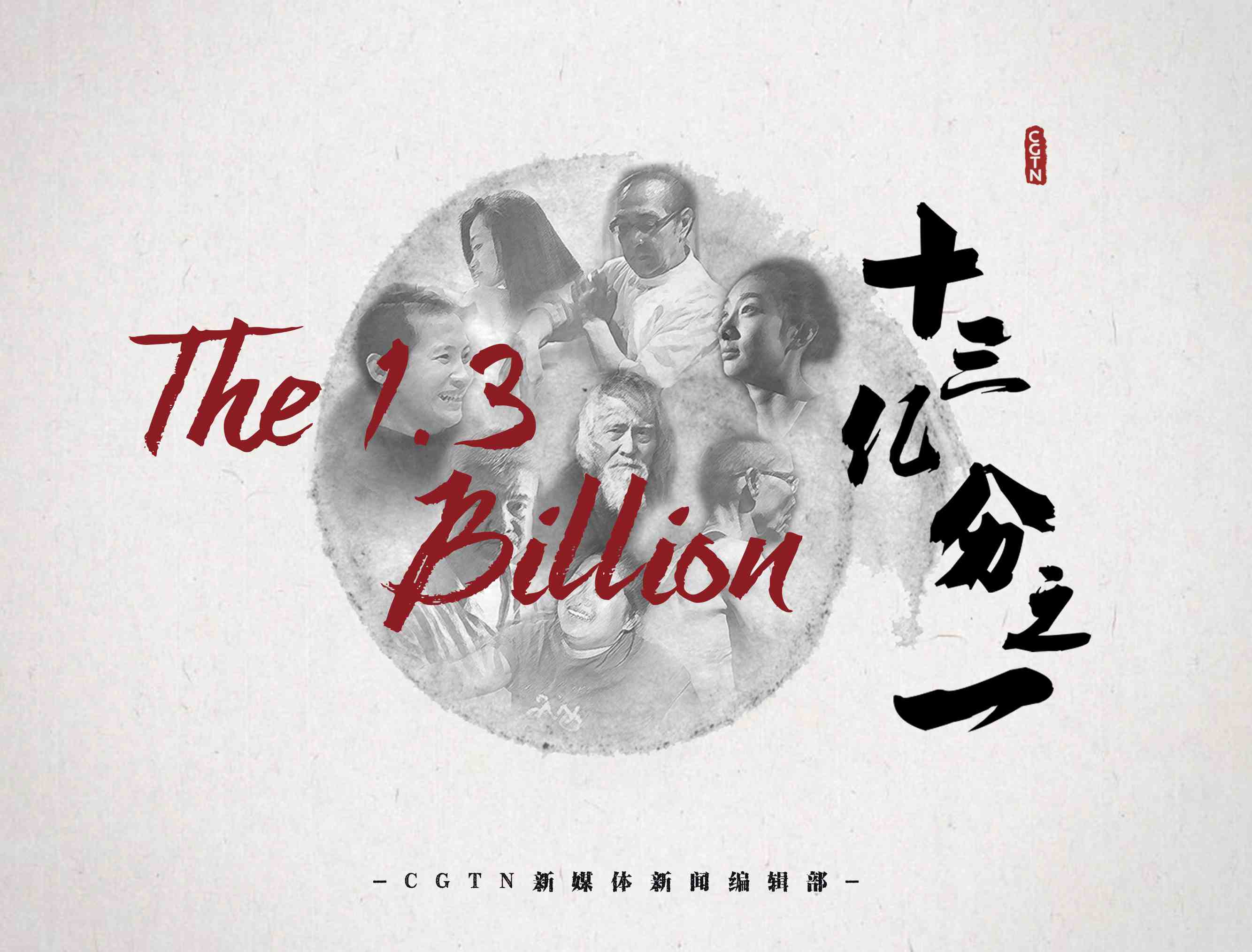
The story is one in The 1.3 Billion series exploring the diverse lives that make up China.
The story is one in The 1.3 Billion series exploring the diverse lives that make up China.

SITEMAP
Copyright © 2018 CGTN. Beijing ICP prepared NO.16065310-3
Copyright © 2018 CGTN. Beijing ICP prepared NO.16065310-3